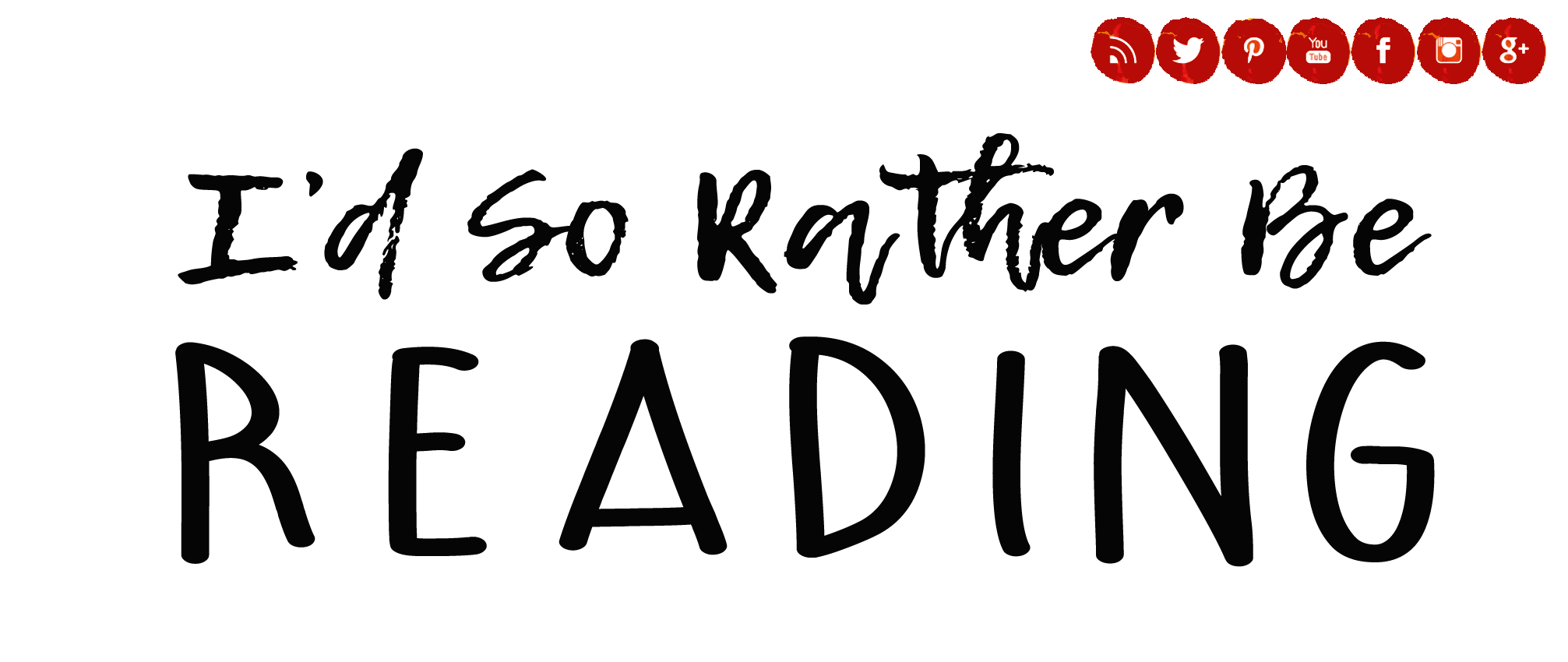Today I'm happy to welcome Amira Aly, author of Egypt: The Uprising, a YA Sci-Fi/Fantasy novel. Fill out the form at the end of this post (it's short, I promise!) to enter to win an e-book of Egypt: The Uprising.
Why I Had to Self Publish
To North American and European natives my story may seem strange, borderline shocking even, given the prestige associated with landing an agent and selling your book to a publisher.Where I come from, it's a whole different game.
The State of Affairs.
Egypt is an Arabic speaking country. Arabic publishing houses have the necessary expertise and skilled staff to wade through manuscripts and choose what they deem publishable. Of course, the fact that Arabic is the population's native tongue means that the are many eloquent, skillful writers to create a decent Arabic slush pile.
English fiction faces a much more complicated predicament. English is spoken by the well-to-do and hip 'n happenin' crowd--a minority in a poor developing country like Egypt .
English fiction faces a much more complicated predicament. English is spoken by the well-to-do and hip 'n happenin' crowd--a minority in a poor developing country like Egypt .
Something Fishy on the Banks of the Nile.
Small publishing houses opened up seemingly to cater to the needs of this readership, while in fact they were catering more to the stardom desire of wannabe authors. Many business people identified the opportunity and set up vanity publishing houses under guise of being 'traditional', liberal and progressive publishers embracing young authors.
They did embrace them alright, but not without screwing them over.
They did embrace them alright, but not without screwing them over.
These publishing houses charge authors for running prints of their copies. Authors are expected to seek out their own editors, and pay them of course.
To make matters worse these Vanity-publishers-in-disguise make authors sign ridiculous , often seven to ten-year, contracts which basically give the publishing house rights to change anything and everything they want without consulting with the author.
Slush Piles Anyone?
I could have marginally, or at least temporarily, ignored the silly contracts and the fact that your book goes out of print before you can blink if the whole process involved any validation whatsoever.
Writers, especially previously unpublished writers, crave that recognition; that special feeling of being 'chosen' from a slush pile as it were.
Well, Egyptian publishing houses do not even offer you that. All it takes for a manuscript to be accepted is for it to be written with a near-native fluency. I have yet to figure it out whether this is because of the lack of linguistic appreciation and English language fluency on the editors' part, or simply because more authors mean more money to the publisher.
I am a storyteller. I worked on my craft through endless hours of studying the tools of the trade; through writes, re-writes, online workshops, and critique groups. I owed it to my novel to seek out the best home for it.
But since a home could not be found, I decided to build one for it. Make it all pretty and Publish it myself.
I figured that going the indie route, putting out "Egypt: the Uprising" as an e-book and as a print-on-demand paperback would be best. Given the timely nature of the events in Egypt, I wanted to present my novel as soon as I could to the only gatekeepers that truly matters--the readers-- and hear what they think of it.
Find Amira on the web:
I think that this is such an interesting post! I never considered what it must be like to write a book in a language different from the native language of your home country. Thank you Amira!
Don't forget to fill out the form below to enter to win an e-book of Egypt: The Uprising.

Sounds interesting.
ReplyDeleteI love the reasons for self-publishing and the love of the author's work - that's a testament to how great the work must be :)
ReplyDelete